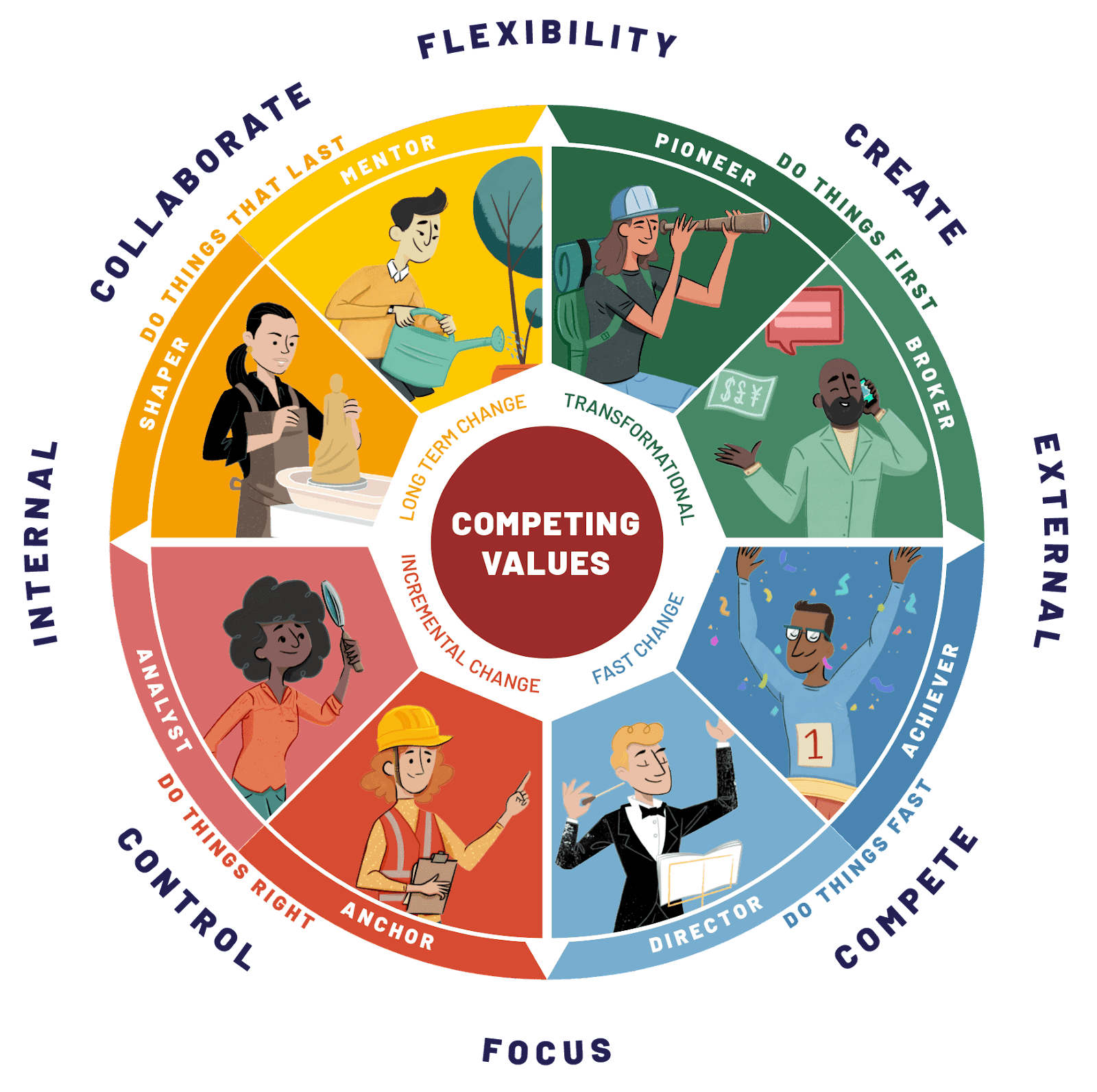Personality development
Personality development is a journey that can take a lifetime, as we
constantly learn and grow as individuals. It refers to the process of improving and refining one's characteristics and traits. There are many different ways to work on personality development, and it is a proactive process that requires effort and dedication. Here are some tips for personality development:
Learn about yourself: Understanding who you are and what makes you unique can help you identify areas for improvement and growth. This can involve reflecting on your values, strengths, and weaknesses, and seeking feedback from others. One effective way to learn more about yourself is through personality tests, such as the Myers-Briggs Type Indicator (MBTI) or the Enneagram. These tests can provide insight into your personality type and preferences, and can help you understand how you relate to others.
Set goals: Identifying specific goals can help you focus on the aspects of your personality that you want to develop. It is important to set goals that are realistic and achievable, and to create a plan for how to achieve them. For example, if you want to be more confident, you might set a goal to speak up in meetings more often, or to give a presentation to a group of people.
Practice mindfulness: Being mindful means paying attention to the present moment, without judgment. This can help you become more self-aware and better able to regulate your emotions and behaviors. Mindfulness practices, such as meditation and yoga, can help you cultivate mindfulness and improve your emotional intelligence.
Seek new experiences: Stepping outside of your comfort zone can help you learn and grow. Trying new things and exposing yourself to new environments and people can help you develop new skills and broaden your perspective. This can involve taking on new challenges at work, traveling to new places, or joining a new club or community group.
Seek support: It can be helpful to work with a therapist or coach to help you identify and work through any challenges or roadblocks you may be facing. A mental health professional can provide guidance and support as you navigate the process of personality development.
In addition to these tips, there are also several common barriers that can hinder personality development. One such barrier is a fixed mindset, or the belief that your abilities and characteristics are fixed and cannot be changed. This can lead to a lack of motivation and a lack of willingness to try new things or take risks. It is important to cultivate a growth mindset, or the belief that you can continue to learn and improve throughout your life.
Another barrier to personality development is a lack of self-awareness. Without a good understanding of who you are and how you relate to others, it can be difficult to identify areas for growth and improvement. It is important to regularly check in with yourself and seek feedback from others to help you increase your self-awareness.
Finally, low self-esteem can also be a barrier to personality development. If you have a negative view of yourself, it can be hard to feel motivated to work on improving yourself. It is important to practice self-compassion and to remember that everyone makes mistakes and has room for growth.
Overall, personality development is a journey that requires effort and dedication. By being proactive and seeking out opportunities for growth, you can continue to develop and improve your personality, and ultimately become the best version of yourself.



Comments
Post a Comment